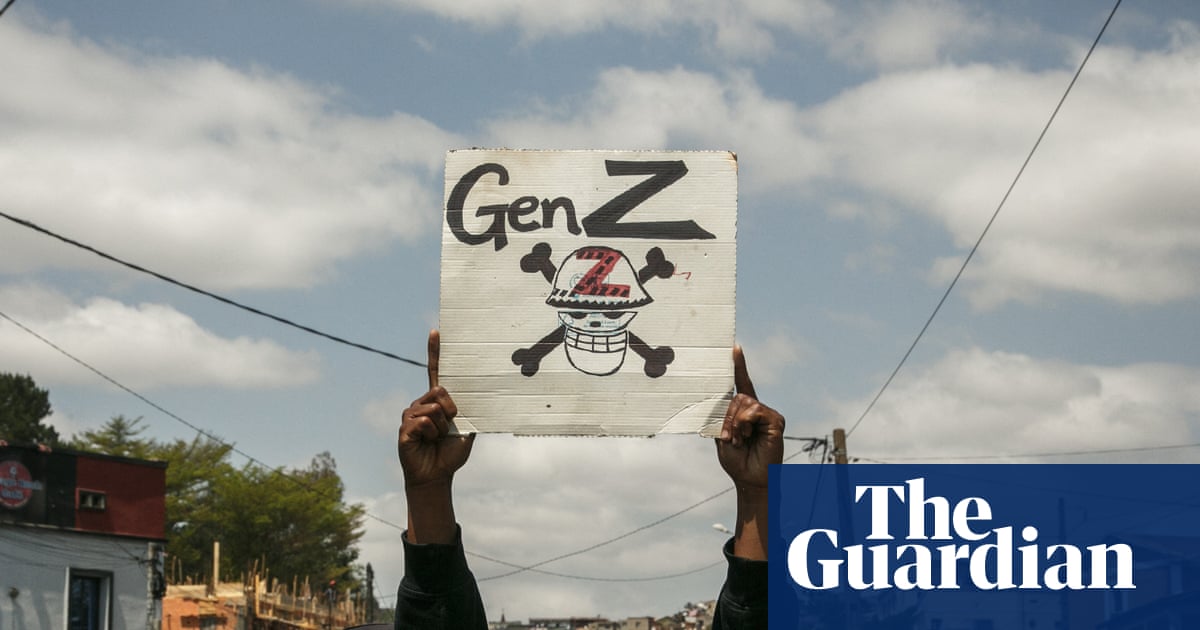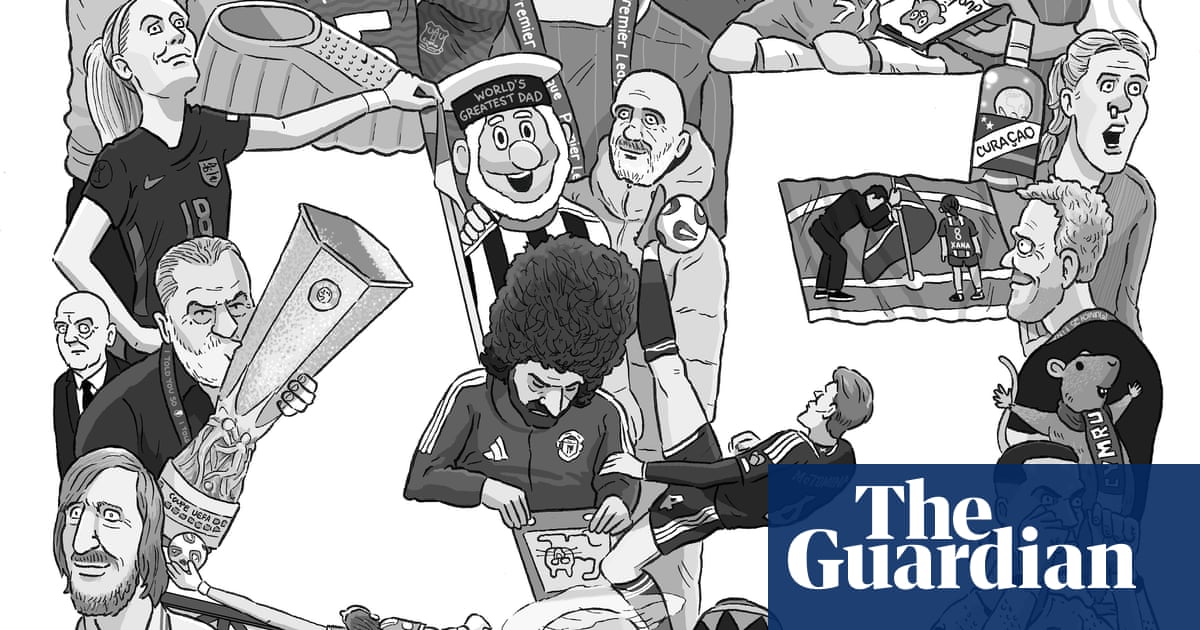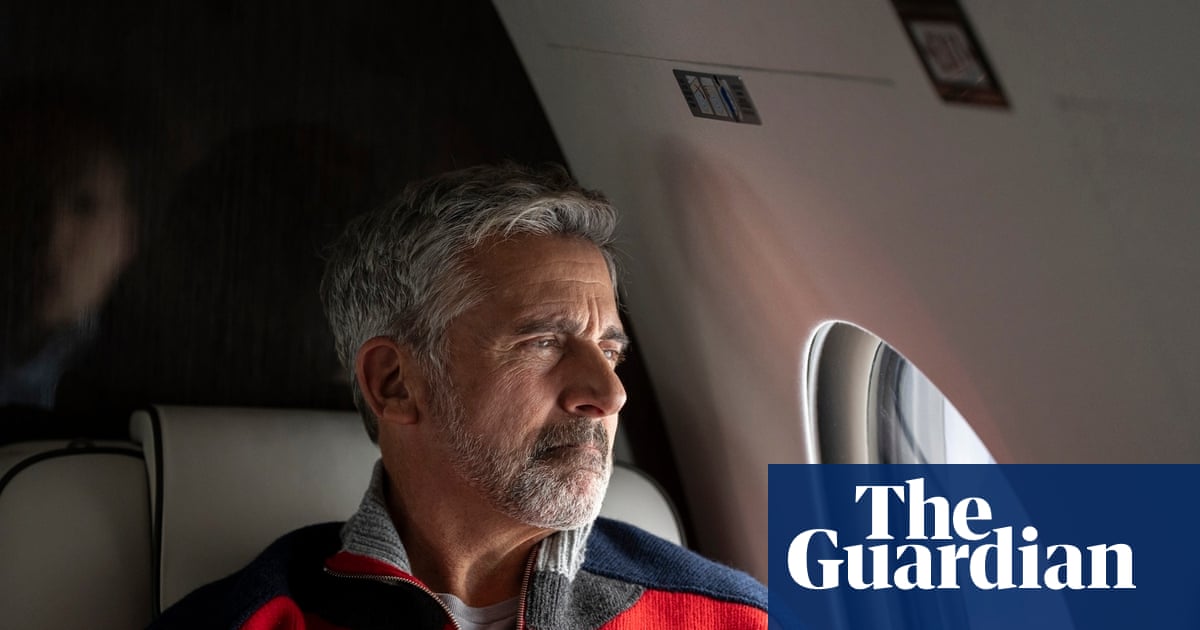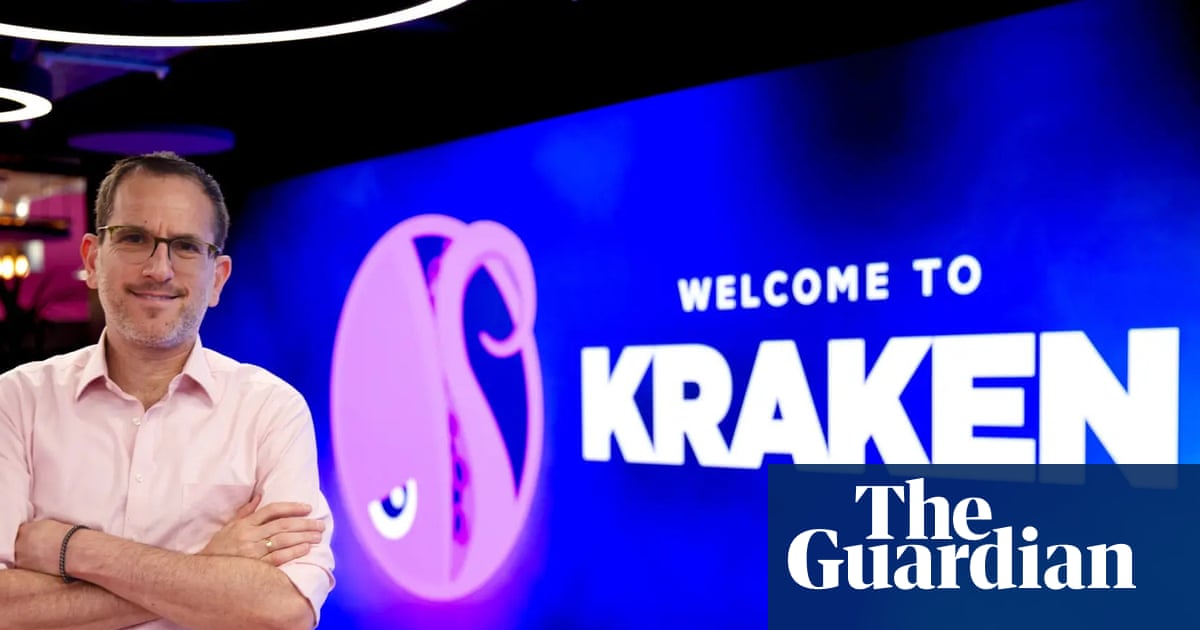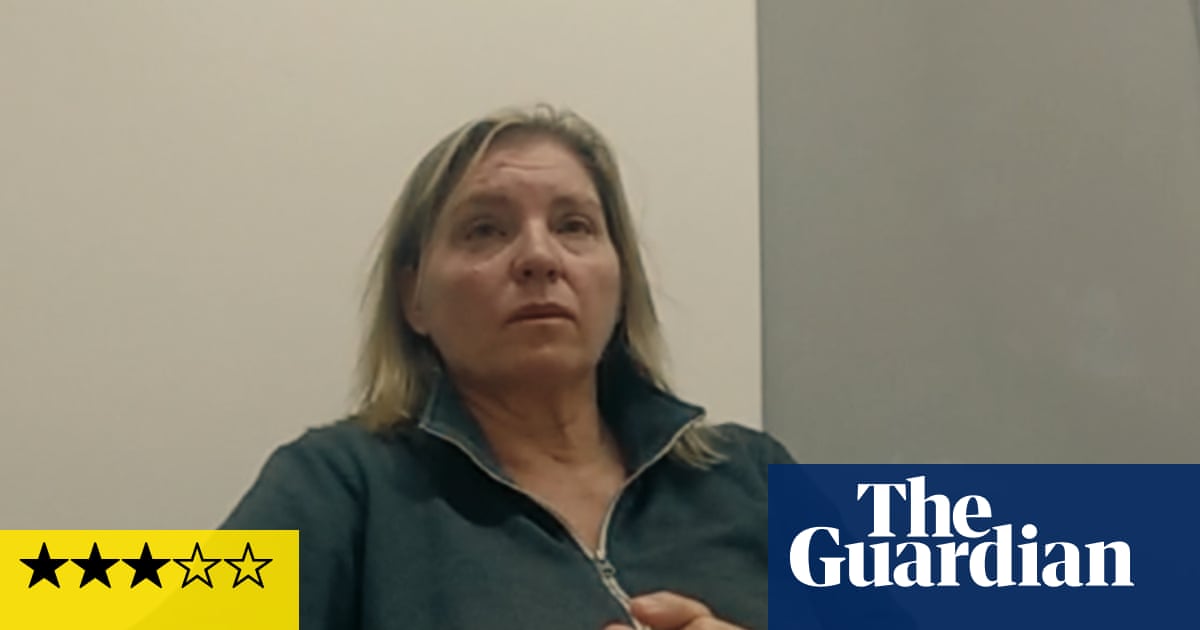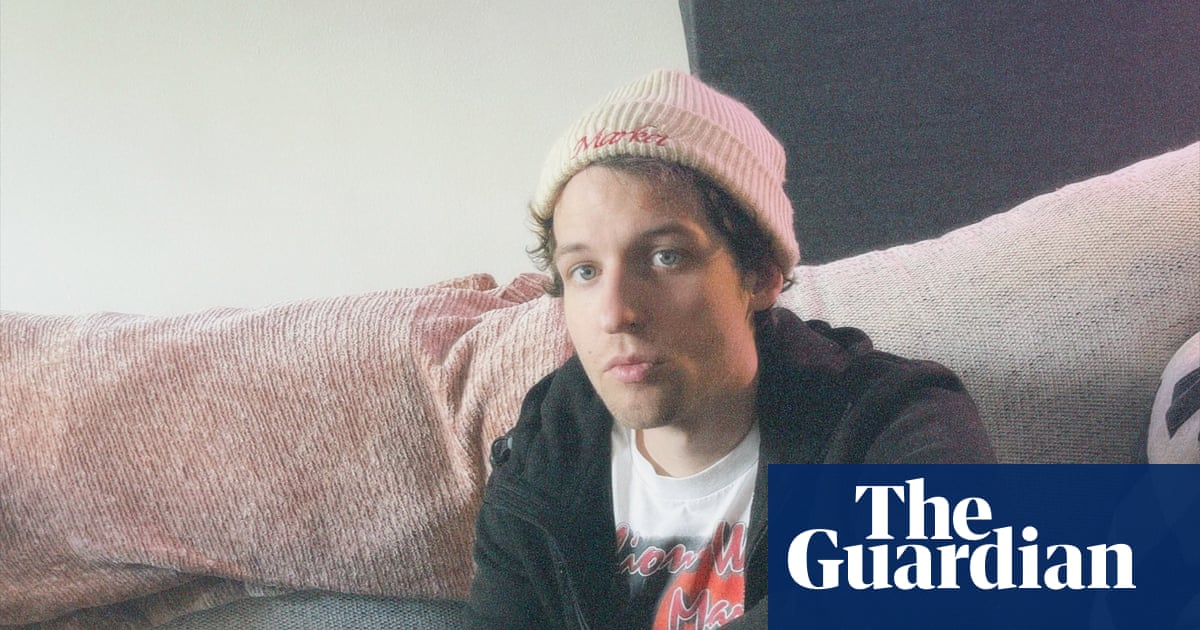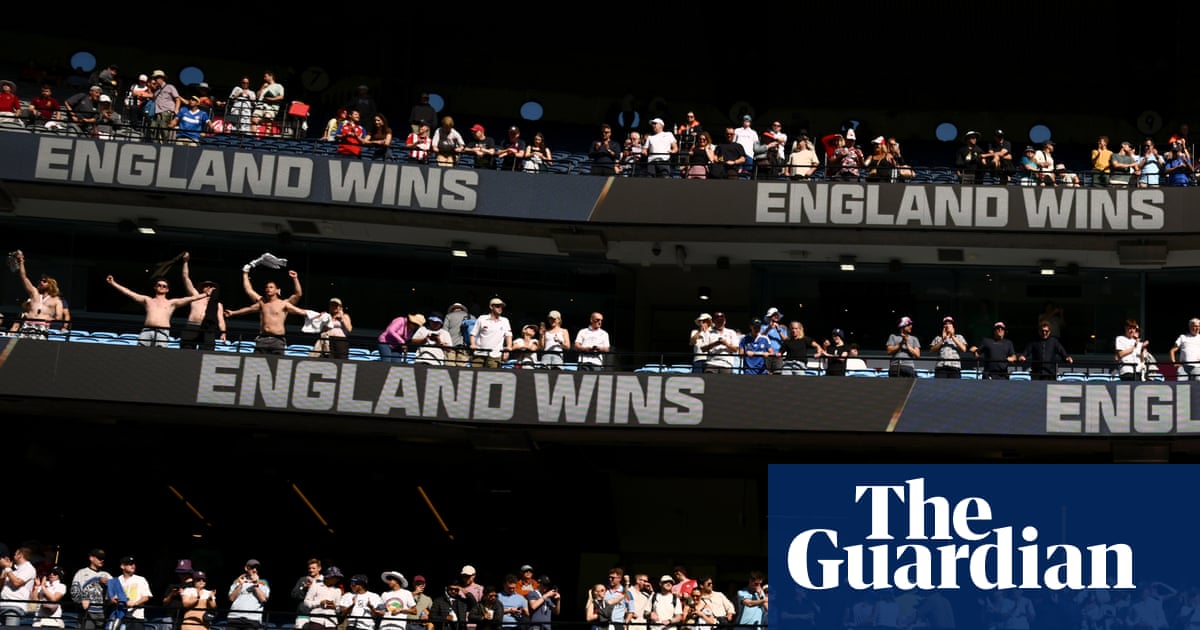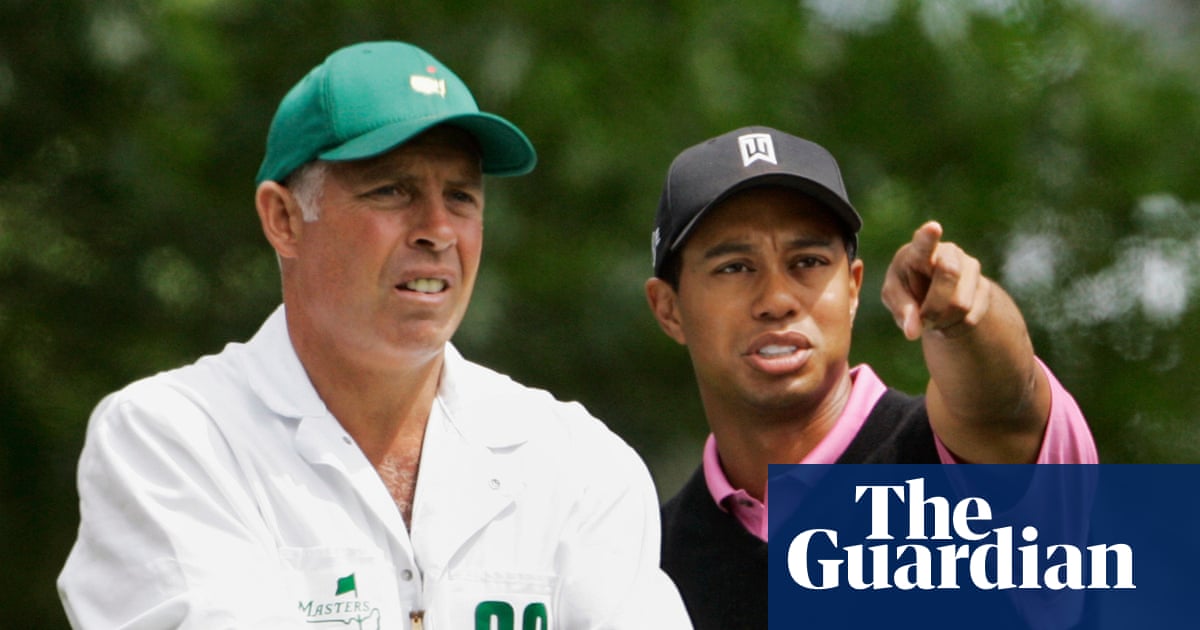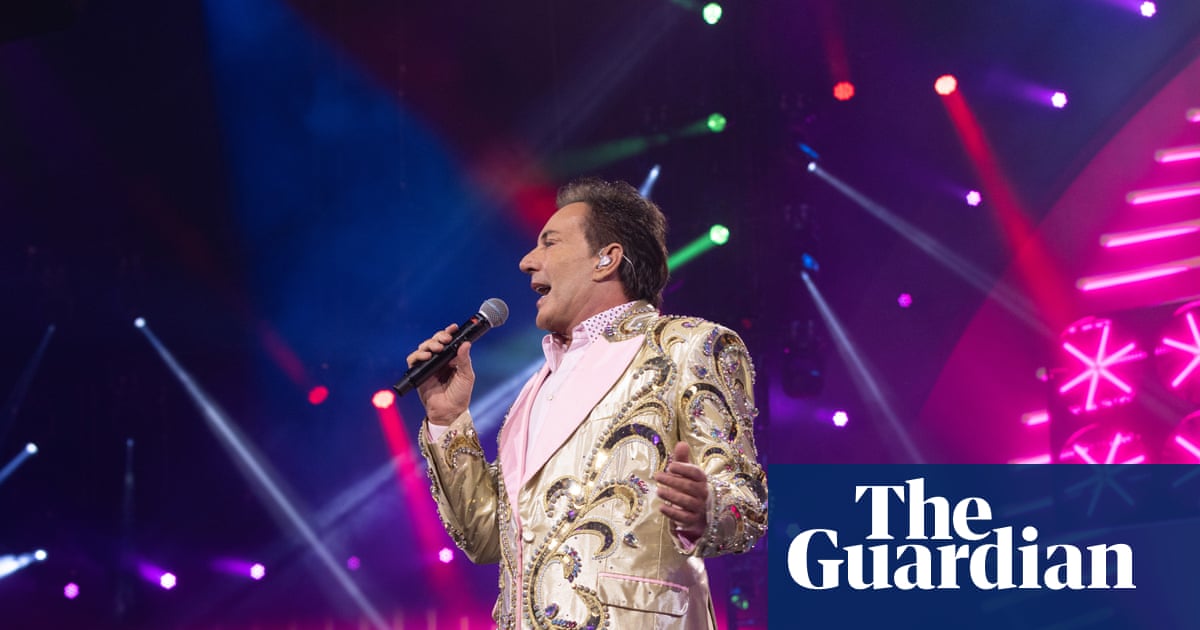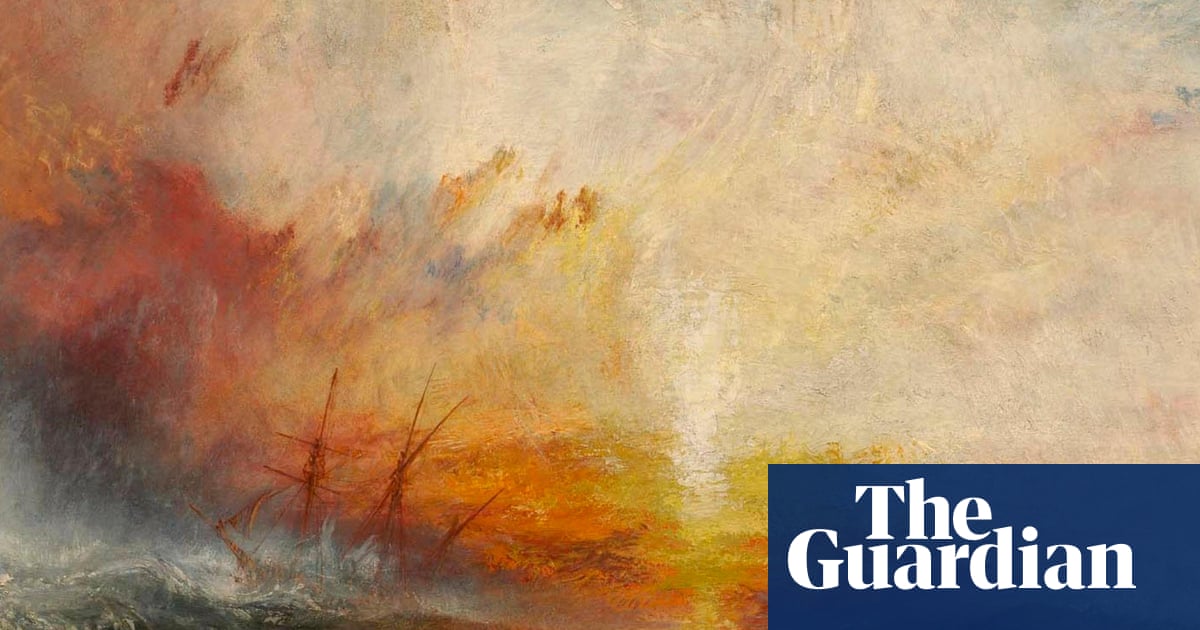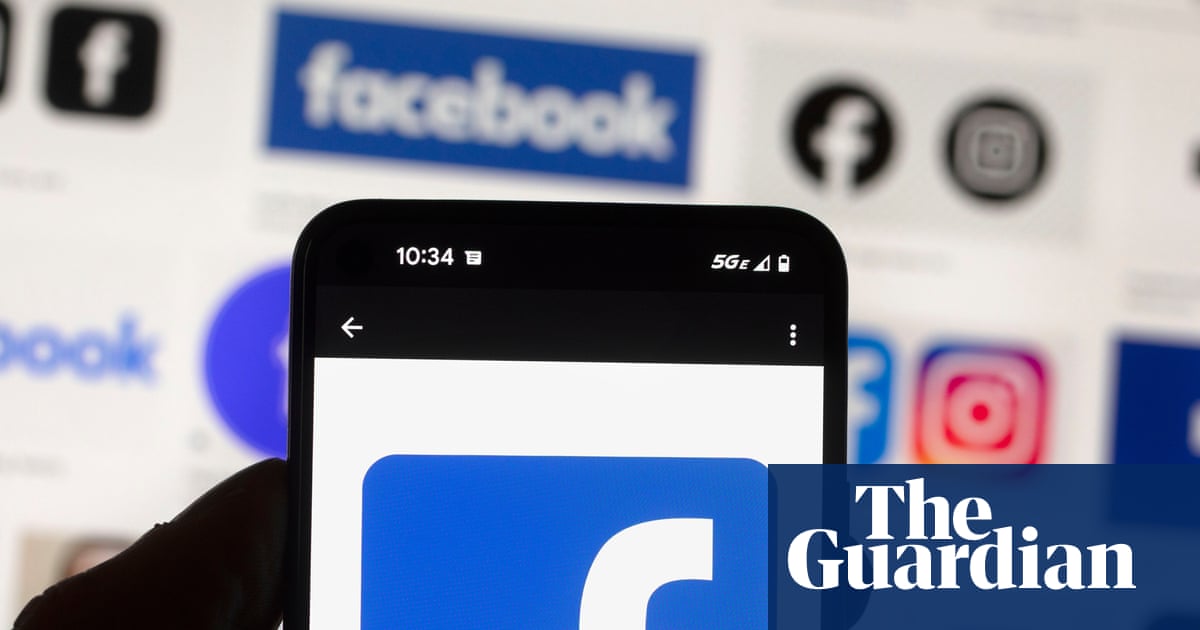The king has laid flowers at the UK’s first national memorial commemorating LGBT armed forces and met veterans who spoke of the trauma inflicted by the military’s former “gay ban”.
Charles was joined by dozens of serving and former members of the armed forces at the dedication of the memorial, titled An Opened Letter, at the National Memorial Arboretum in Staffordshire on Monday. It was his first official engagement in support of the LGBT community.
Among those attending were some who had their military careers cut short before the ban was lifted in 2000. Thousands were investigated, discharged or forced to leave their careers because of their actual or perceived sexual orientation or gender identity. They faced lifelong consequences, including being vilified by family and friends, and losing access to their military pensions.
Brig Clare Phillips spoke at the dedication ceremony, telling the 300 guests: “I am a gay woman who has served in the British army for 30 years. For hundreds of LGBT veterans, their experiences have been catastrophic – their lives and careers shattered.
“For the serving community, today’s unveiling of this incredible memorial is about remembering that we stand on the shoulders of giants – those people who fought discrimination and persecution so we can now serve openly and proudly. It is about being able to say to our veterans: you belong and you always did.”
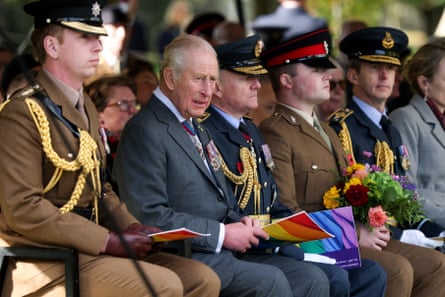
Charles laid flowers at the memorial along with other guests, including the chief of the defence staff, Air Chief Marshal Sir Rich Knighton.
The LGBT military charity Fighting With Pride, which is behind the memorial, said the sculpture represented a “powerful step forward in recognising and honouring the service and sacrifices” of the LGBT armed forces community after their historic mistreatment.
It takes the form of a crumpled bronze letter made up of words taken from personnel who were affected by the ban, which was in place from 1967 until 11 January 2000.
In 2023, the then prime minister Rishi Sunak apologised on behalf of the British state for the “horrific” historical treatment of LGBT people who served in the military, after an independent review set out 49 recommendations including financial reparations and a public memorial.
The memorial has been funded by a £350,000 grant from the Office for Veterans’ Affairs at the Ministry of Defence, having been designed by the Abraxas Academy collective of artists.
Peter Gibson, the chief executive officer of Fighting With Pride, said it was a “deeply emotional moment”.
“The devastation and destruction caused by people expressing their love cut short successful careers and, in some cases, ended lives,” said Gibson. “Today is a klaxon call that signals shame can be cast aside and everyone who wants it is welcomed back into their military family.”
Carol Morgan, from Surrey, who attended, joined the army in the late 1970s but was thrown out after four years of service. Her room was ransacked, she was interviewed for six and a half hours and sent to a psychiatrist because her sexuality was seen as a mental illness, she said.
“I hid my sexuality for over 36 years. It destroyed me completely,” Morgan said. “This memorial means everything to us. Generations are going to know that we did exist and we weren’t just a dirty little secret.”
The former RAF firefighter Carl Austin-Behan joined in 1991 at the age of 19 and was dismissed six years later for being gay. He said: “The significance of the LGBT+ memorial blows me away. An Opened Letter takes me back to letters I wrote and received at a time of intense secrecy with hidden words and changed identity.”
Austin-Behan, from Manchester, was given a Royal Humane Society medal after he attempted to save a pilot from a Hawk aircraft at RAF Chivenor, in Devon, in 1992.
“In April 1997, the air force found out I was gay and within 10 minutes I was escorted off camp,” said Austin-Behan, adding he “lost everything” and was made homeless. “My life was completely changed over night because of my sexuality.”
Claire Ashton, who served in the Royal Artillery, said her “dream career” was ruined when she was forced out of the army in 1972, aged 21.
“I’m in my 70s now and have forever lived with the psychological scars of being kicked out – ‘medically discharged’, as it was labelled on my records,” she said.

 2 months ago
50
2 months ago
50
